Imagine a world where addiction treatment goes beyond just addressing the symptoms of substance abuse. A world where the focus is on healing the mind, body, and spirit, using a combination of traditional and alternative therapies. Welcome to the world of holistic rehab, where the emphasis is on treating the whole person, not just the addiction. By taking a comprehensive approach to recovery, holistic rehab centers aim to empower individuals to regain control of their lives and achieve lasting recovery.
Holistic addiction treatment offers a comprehensive approach to healing the mind, body and spirit of those struggling with substance abuse.
Combining holistic and evidence-based therapies with complementary and alternative medicine, holistic rehab centers provide tailored care paths for individuals in recovery.
Leveraging technology and innovative modalities, this promising approach addresses physical, emotional & spiritual effects of addiction effectively.
What Is Holistic Addiction Treatment?
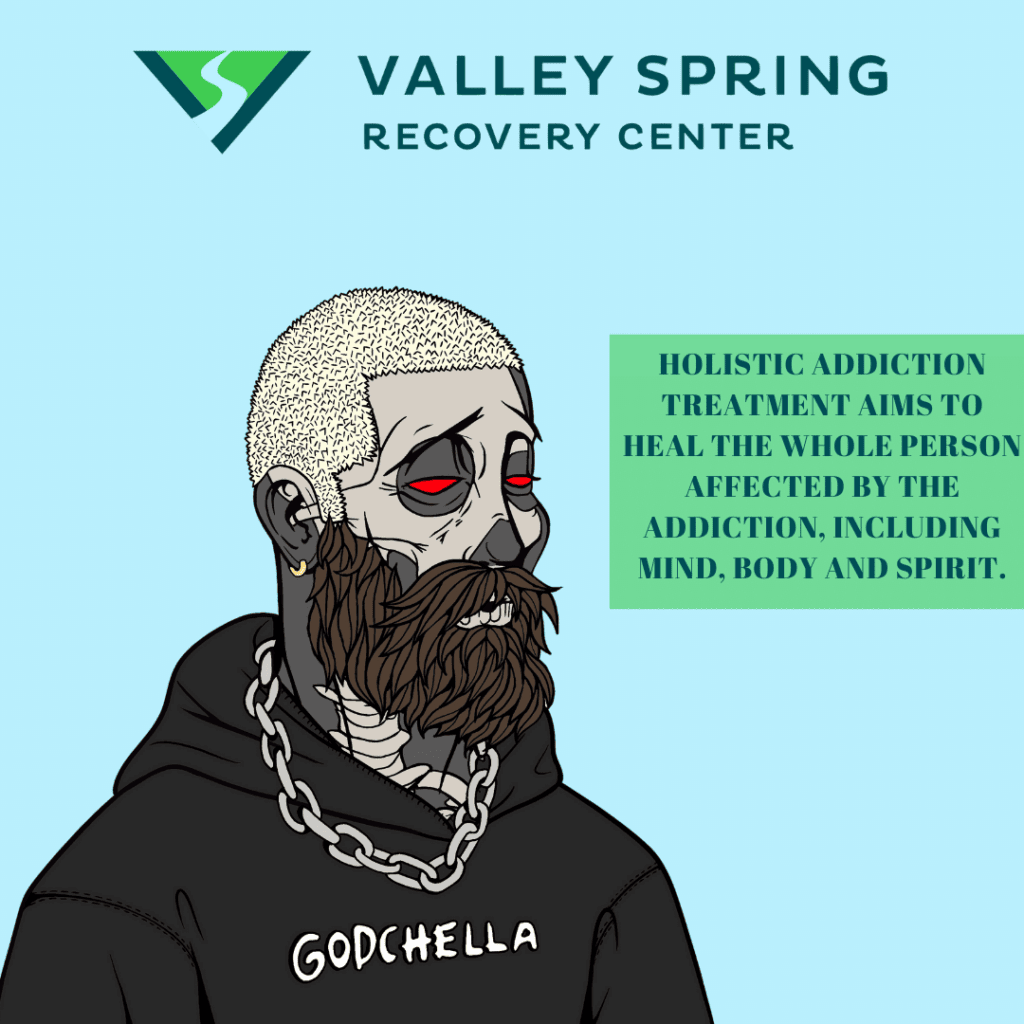
Holistic addiction treatment aims to heal the mind, body, and spirit of individuals battling with substance abuse. These centers utilize an array of traditional and alternative therapies, providing a well-rounded recovery approach that targets the root causes of addiction and encourages general well-being.
From yoga and meditation to acupuncture and herbal remedies, holistic addiction rehab programs offer a multitude of therapies to help individuals regain control of their lives and achieve long-term recovery.
Holistic addiction treatment is an approach to addiction treatment that integrates traditional therapies, such as individual counseling and medical detox, with complementary holistic therapies like yoga, meditation, acupuncture, and massage to maximize satisfaction and healing.
Holistic treatment approaches recognize the importance of addressing all aspects of a person, rather than just their physical ailments.
This could involve considering an individual’s psychological, familial, ethical, and spiritual well-being in order to promote overall health and healing.
What is the holistic model of addiction?
The holistic model of addiction is a recovery approach that focuses on restoring balance to the mind, body and spirit. It combines traditional addiction treatment methods with non-medical interventions for the purpose of long-term healing and well-being.
This approach is based on the idea that addiction is a complex condition that requires a comprehensive approach to treatment. It takes into account the physical, psychological, social, and spiritual aspects of the individual.
What Is The Philosophy of Holistic Drug Addiction Treatment?
At the core of holistic drug or alcohol addiction treatment is the belief that each person is more than just the sum of their addiction. This approach emphasizes treating the whole person, addressing the root causes of addiction, and promoting overall well-being.
The journey to recovery involves more than just addressing the physical aspects of addiction. Holistic addiction treatment recognizes the importance of emotional, mental, and spiritual health in the healing process. Holistic addiction treatment occurs in rehab centers that foster a nurturing environment for lasting recovery and a healthier lifestyle. They combine traditional and alternative treatment methods, including:
- Cognitive-behavioral therapy
- 12-step programs
- Mindfulness exercises
- Nutritional counseling
- Yoga
- Energy healing techniques
- Herbal remedies
- Acupuncture
What are Holistic vs. Traditional Treatment Approaches?
While both holistic and traditional rehab approaches aim to help individuals overcome addiction, they differ in their treatment philosophies and methods. Traditional rehab focuses on addressing the symptoms of addiction through evidence-based therapies such as individual counseling, group therapy, and medication.
On the other hand, holistic rehab approaches emphasize treating the whole person by incorporating holistic treatments like alternative therapies such as:
- yoga
- meditation
- acupuncture
- massage
To address the emotional and spiritual aspects of recovery. Both approaches have their merits, and combining them can offer even greater results for individuals seeking a comprehensive path to recovery.
What Is The Role of Complementary and Alternative Medicine in Holistic Treatment?
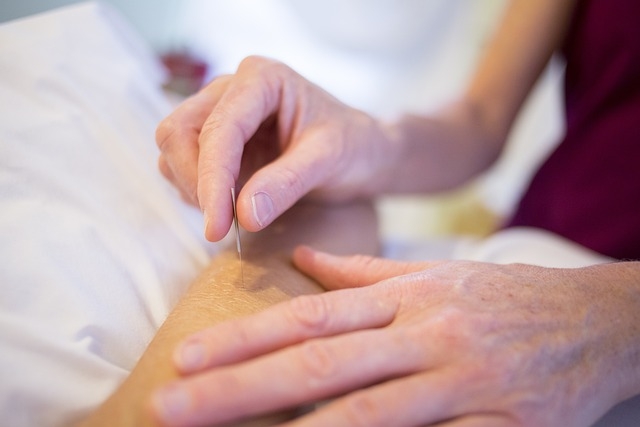
Complementary and alternative medicine (CAM) plays a significant role in holistic treatment, offering non-pharmacological methods to support recovery and overall well-being. Holistic addiction treatment centers enhance the breadth of recovery approaches by integrating therapies like acupuncture, herbal remedies, and energy healing techniques with conventional drug rehab.
These alternative therapies not only address the physical aspects of addiction, but also focus on the emotional and spiritual well-being of the individual, promoting lasting recovery, personal growth, and improved physical health.
Acupuncture, an ancient Chinese healing practice, has been found to be effective in alleviating withdrawal symptoms, reducing cravings, and promoting relaxation during addiction recovery. Acupuncture, which stimulates specific body points, activates receptors in the central nervous system and modulates dopamine release, effectively aiding in relapse prevention and promoting relaxation.
When combined with other traditional and holistic therapies, acupuncture can provide a valuable support system for individuals on their journey to recovery.
Herbal remedies, such as kratom, kava, and valerian root, can provide natural support for detoxification and stress reduction during substance abuse treatment. These natural alternatives may help reduce cravings and withdrawal symptoms associated with substance abuse, providing a gentler approach to recovery.
Energy healing techniques, such as Reiki and chakra balancing, can help restore balance and promote emotional healing in individuals recovering from addiction. These holistic practices involve manipulating the body’s energy field to remove blockages and promote the flow of positive energy, fostering a sense of well-being and balance.
Holistic drug rehab centers incorporate energy healing techniques into their treatment plans, offering a unique recovery approach that caters to the emotional and spiritual aspects of addiction.
What Are The Types Of Holistic Therapies in Addiction Treatment?
The following are some of the key holistic therapy methods that are frequently used in addiction treatment as expressed by WebMD.
- diet
- exercise
- psychotherapy
- relationship
- spiritual counseling
- acupuncture
- chiropractic care
- homeopathy
- massage therapy
- naturopathy, and others
- Yoga
- Art Therapy
- Equine Assisted Therapy
Diet and Nutrition
Proper nutrition is integral to health. A study by the National Center for Biotechnology Information found that dietary patterns, especially those rich in fruits, vegetables, and whole grains, directly correlate with improved mental health in adults. In contrast, diets high in processed foods and sugars were linked to poorer mental health outcomes.
Exercise
Physical activity has long been linked to improved mental well-being. The World Health Organization recommends at least 150 minutes of moderate-intensity aerobic activity weekly. A survey by the Anxiety and Depression Association of America found that 14% of people use regular exercise to cope with stress.
Psychotherapy
According to the American Psychological Association, about 75% of individuals who undergo psychotherapy show some benefit. It’s an effective treatment for various conditions, including depression, anxiety, and PTSD.
Relationship
Healthy interpersonal relationships are crucial for mental health. The National Health and Nutrition Examination Survey found that people with active social lives and strong interpersonal relationships had a 50% increased likelihood of longevity.
Spiritual Counseling
The American Counseling Association notes that spiritual counseling can offer significant benefits, with research showing a 25% improvement in conditions like depression when spiritual counseling is integrated with traditional therapy.
Acupuncture
Acupuncture, a traditional Chinese medical practice, has gained traction in Western medicine. The National Institutes of Health found that acupuncture can be beneficial in treating conditions like migraines and depression in about 55% of participants.
Chiropractic Care
A survey by the American Chiropractic Association revealed that approximately 31 million Americans experience lower back pain at any given time. Chiropractic care, emphasizing spinal adjustments, has an 85% success rate in treating back-related issues which can cause uncomfort which can lead to self medication and other issues which can be a cause of addiction.
Homeopathy
Homeopathic treatments are becoming more popular in the US. The National Center for Homeopathy reports a 15% increase in the use of homeopathic remedies over the last decade, with many individuals turning to it for chronic pain and allergy relief.
Massage Therapy
The American Massage Therapy Association states that approximately 50% of adults sought a massage for health or medical reasons, such as pain management, injury rehabilitation, or overall wellness in the past year.
Naturopathy
Naturopathic medicine, which emphasizes natural remedies and holistic care, is on the rise. The Association of Accredited Naturopathic Medical Colleges found that interest in naturopathic studies has surged by 20% in recent years, reflecting growing societal interest in natural health approaches.
Yoga and Mindfulness
Yoga and mindfulness practices can play a crucial role in addiction treatment by helping individuals develop self-awareness, manage stress and cravings, and improve emotional regulation. Holistic addiction treatment centers integrate yoga and mindfulness practices into their treatment plans, offering a distinctive recovery approach that caters to the emotional and spiritual facets of addiction.
Art Therapy
Art therapy allows individuals to express and process emotions, promoting emotional healing and self-discovery during addiction treatment. By engaging in creative activities such as painting, drawing, and sculpting, individuals can explore their feelings and gain insight into their own emotions and experiences. Promoting emotional healing through art therapy can also serve as a mindfulness practice, allowing individuals to focus on the present moment and lower levels of anxiety and stress.
Equine Therapy
Equine-assisted therapy is a unique form of therapy that involves interacting with horses as part of the recovery process. This innovative approach to treatment can help individuals build trust, improve communication, and develop healthy relationships during addiction recovery. By participating in activities such as grooming, feeding, and leading horses, individuals can learn to manage their emotions, grow self-confidence, and gain insight into their behavior. The bond formed with the horses can provide a sense of accomplishment and connection to nature, supporting overall well-being and long-term recovery.
What is the purpose of holistic therapy?
Holistic therapies in addiction treatment aim to address the physical, emotional, and spiritual aspects of recovery. Holistic addiction treatment centers go beyond traditional rehab methods, providing a well-rounded healing approach that includes a variety of therapies and practices like yoga, art therapy, and equine-assisted therapy.
These therapies not only help individuals develop coping skills and reduce stress, but also promote:
- Mental clarity
- Emotional healing
- Long-term recovery
- Overall well-being
How To Know If Holistic Addiction Treatment Is Right For You?
Evaluating if holistic addiction treatment is right for you involves assessing treatment options, comparing traditional vs. holistic approaches, and understanding costs and insurance coverage for rehab.
Investing time in learning about holistic approaches, reflecting on your beliefs and values, and evaluating your personal needs and preferences can help you make an informed decision on whether holistic addiction treatment aligns with your recovery journey.
When evaluating treatment options, it is important to consider factors such as how long rehab lasts, location, and available therapies. Researching different treatment centers and programs allows you to understand diverse addiction treatment approaches and decide which option best suits your needs and circumstances.
What Are Success Stories of Holistic Addiction Treatment?
Success stories of holistic addiction treatment highlight the benefits of addressing the whole person and incorporating alternative therapies in the recovery process. Individuals who have participated in holistic addiction treatment programs often share stories of personal growth, emotional healing, and lasting recovery, demonstrating the power of a comprehensive approach to addiction treatment.
These success stories serve as a testament to the effectiveness of holistic addiction treatment in helping individuals regain control of their lives and achieve long-term recovery.
How Is The Family Involved in Holistic Addiction Treatment?
Family involvement in holistic addiction treatment is a crucial component of a successful recovery journey. Involving family members in the treatment process allows holistic addiction treatment centers to offer support, facilitate healing, and fortify relationships.
Involving family members in various aspects of treatment can be beneficial. Some ways to involve family members include:
- Family therapy sessions
- Support groups
- Education about addiction
- Improving communication within the family
- Developing coping strategies to support their loved one’s recovery
These activities can help families understand addiction and provide support for their loved one’s recovery.
Family therapy sessions play an important role in holistic addiction treatment by helping families understand addiction, strengthen communication, and create effective coping strategies. During these sessions, families can openly discuss their experiences with addiction, gain knowledge about addiction, and collaborate on strategies to support the person in recovery.
Participating in family therapy sessions enables families to collaborate and foster a supportive environment that encourages healing and long-term recovery.
Support groups for families offer a safe space for sharing experiences, learning from others, and finding encouragement during the recovery process. These groups provide an opportunity for family members to connect with others who have experienced similar challenges and gain valuable insights and support.
Participation in support groups equips families with the strength and resources necessary to bolster their loved one’s recovery journey and foster healing within the family unit.
What Is The Future of Holistic Addiction Treatment?
The future of holistic addiction treatment may involve advances in treatment modalities, personalized treatment plans, and the integration of technology. As our understanding of addiction and recovery continues to evolve, so too will our approach to treatment.
With a focus on addressing the whole person and incorporating alternative therapies, holistic addiction treatment is poised to play an increasingly important role in the world of addiction recovery, providing individuals with the tools and resources needed to achieve lasting recovery and overall well-being.
As research and innovation continue to advance, new therapies and techniques may emerge to support recovery and well-being in holistic addiction treatment. These advances may include:
- The development of new alternative therapies
- The refinement of existing practices
- The integration of cutting-edge technology to enhance the treatment experience.
Remaining at the forefront of innovation allows holistic addiction treatment centers to continue offering highly effective and comprehensive care for individuals seeking a recovery path.
The future of holistic addiction treatment may involve a greater emphasis on personalized treatment plans that cater to the unique needs and preferences of each individual. Adopting a tailored treatment approach enables holistic addiction treatment centers to ensure individuals receive the most effective and relevant care for their particular circumstances.
This may involve incorporating a combination of traditional and holistic therapies, as well as utilizing technology to monitor progress and provide ongoing support throughout the recovery journey.
How Does Technology Aid In Holistic Recovery?
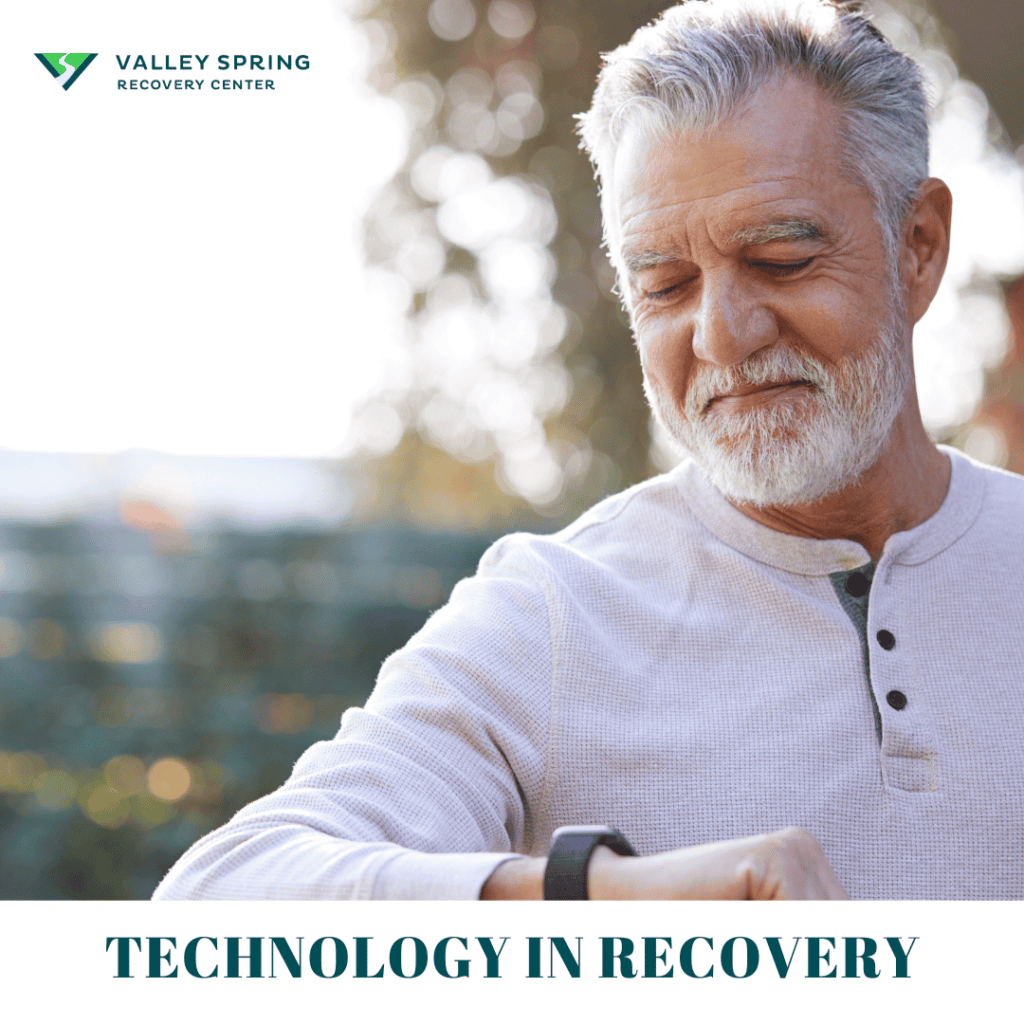
Technology and holistic rehab may go hand in hand in the future, with the use of digital tools and platforms to enhance treatment and support long-term recovery. Some examples of how technology can revolutionize holistic addiction treatment include:
- Virtual therapy sessions
- Online support groups
- Mobile apps for tracking progress and providing resources
- Wearable devices for monitoring physical and mental health
These advancements in technology have the potential to greatly improve the way we approach holistic addiction treatment.
Embracing these innovations allows holistic addiction treatment centers to equip individuals with the resources and support they need to attain sustained recovery and overall well-being.
Is Holistic Addiction Treatment Effective?
The effectiveness of holistic addiction treatment varies, but for many individuals, it has proven to be a valuable support system on the road to recovery. Holistic addiction treatment, which addresses the physical, emotional, and spiritual facets of addiction, offers a comprehensive healing approach that transcends traditional rehab methods.
While more research is needed to fully understand the long-term effectiveness of holistic addiction treatment, its focus on treating the whole person and incorporating alternative therapies holds promise for those seeking a comprehensive path to recovery.
Holistic addiction treatment offers a comprehensive approach to recovery that addresses the mind, body, and spirit, using a combination of traditional and alternative therapies. By focusing on treating the whole person and incorporating innovative treatment modalities, holistic addiction treatment centers have the potential to transform the lives of those struggling with substance abuse. As we look to the future of addiction treatment, it is clear that holistic approaches will continue to play a vital role in helping individuals achieve lasting recovery and overall well-being.
How does biofeedback therapy fit into holistic addiction treatment?
Biofeedback therapy helps individuals gain awareness of physiological functions to control them voluntarily. In the realm of holistic addiction treatment, it aids patients in understanding their body’s responses to cravings and stress, empowering them to manage triggers more effectively.
Are there specific essential oils recommended in holistic therapy for addiction recovery?
Yes, certain essential oils like lavender, chamomile, and frankincense have been used in holistic addiction treatments. They’re believed to alleviate anxiety, stress, and other emotions that might trigger a relapse, although individual responses can vary.
How do holistic centers incorporate equine therapy for substance abuse?
Equine therapy involves interactions between patients and horses. Holistic addiction centers might use it to teach responsibility, foster emotional growth, and build non-verbal communication skills, which can be therapeutic in the recovery journey.
In the holistic approach, how significant is sleep regulation for addiction recovery?
Sleep regulation is crucial. Holistic therapies often emphasize the importance of a regulated sleep cycle. Proper sleep aids in physical recovery, mood regulation, and reduced cravings, offering a foundation for sustainable sobriety.
Can sound therapy play a part in holistic addiction treatments?
Sound therapy, utilizing instruments like gongs or singing bowls, can be an adjunct in holistic addiction treatment. The resonating sounds can promote relaxation, reduce stress, and help patients connect with their emotions.
How do holistic approaches view the gut-brain connection in addiction treatment?
Holistic treatments often acknowledge the gut-brain connection, emphasizing gut health as a path to mental well-being. A balanced gut can influence neurotransmitter activity, impacting mood and cravings in addiction recovery.
What role does nature therapy or eco-therapy play in holistic addiction recovery?
Nature therapy, or eco-therapy, immerses patients in natural environments, promoting relaxation and mindfulness. Such experiences can reduce feelings of isolation, anxiety, and depression, fostering a deeper connection to the self and the world in the recovery process. This form of therapy is more similar to experiential therapy but may fall under the broad categorization of holistic therapy depending on the context of its implementation.
Are there any traditional indigenous practices used in holistic addiction treatments?
Certain holistic centers might incorporate indigenous practices like sweat lodges, herbal medicine, or guided rituals. These age-old methods can provide spiritual grounding and a sense of community essential for many during recovery. Some forms of treatment even utilize hallucinogenic and psychedelic drugs although those forms of therapy are not approved by the FDA outside of Ketamine therapy.
How might tai chi or qigong be integrated into holistic addiction recovery programs?
Tai chi and qigong are movement-based practices promoting mindfulness and balance. When integrated into holistic recovery programs, they can aid in stress reduction, emotional regulation, and overall physical health, complementing other therapeutic methods.
In holistic treatments, how is the concept of energy healing applied to addiction recovery?
Energy healing, including practices like Reiki, aims to balance the body’s energy fields. In the context of addiction, it’s believed to cleanse negative energies, reduce cravings, and promote emotional and physical healing.
Ben Fisher
All author postsShare This Post

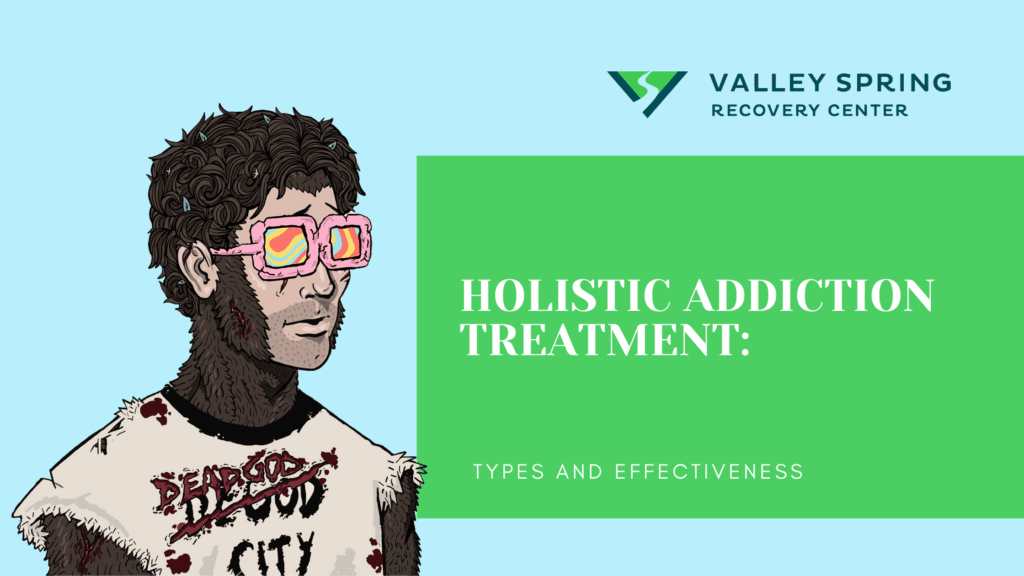
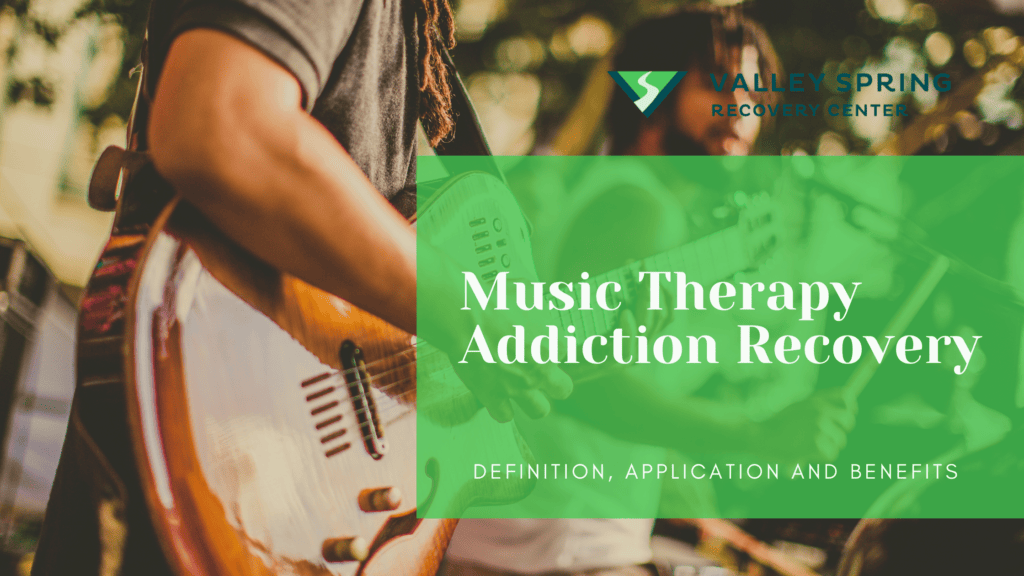
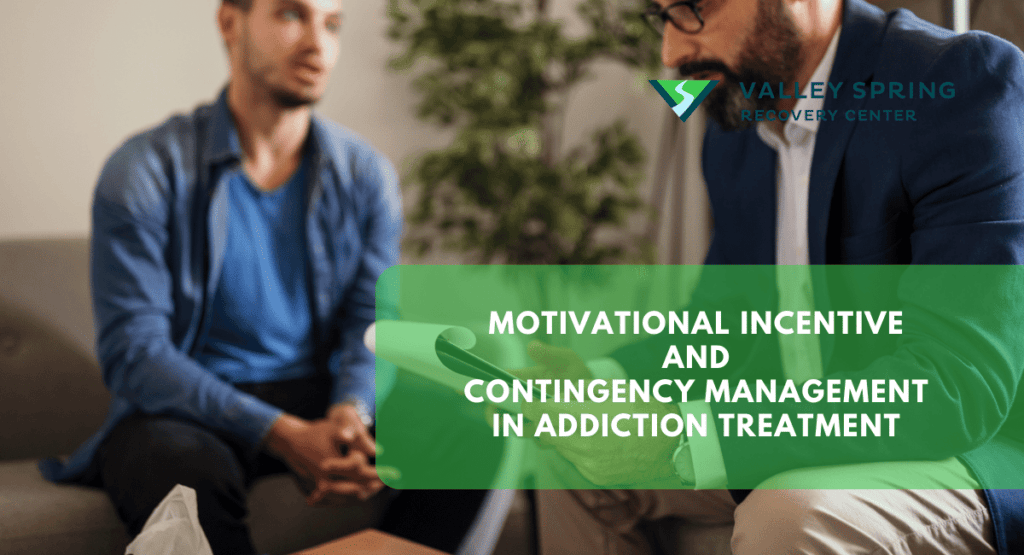
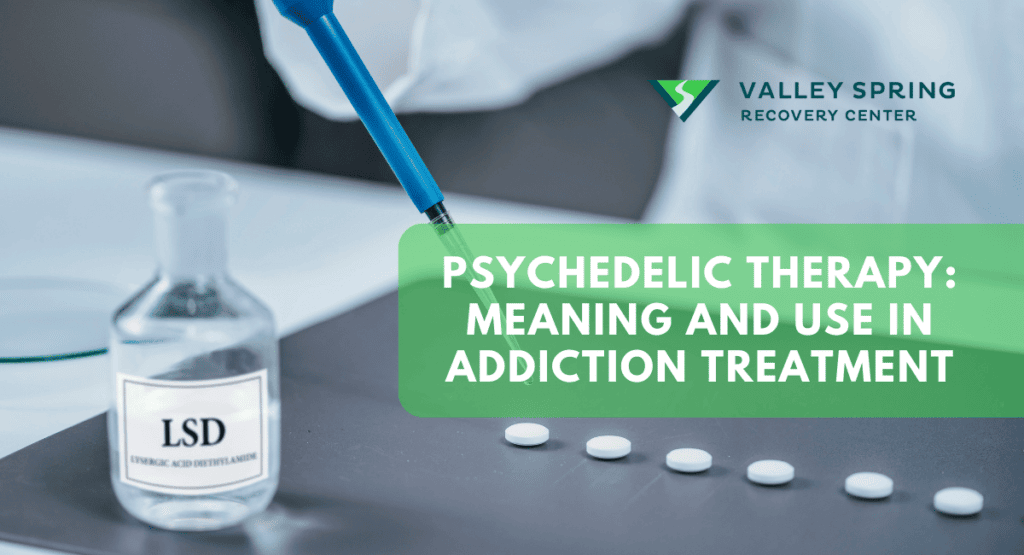
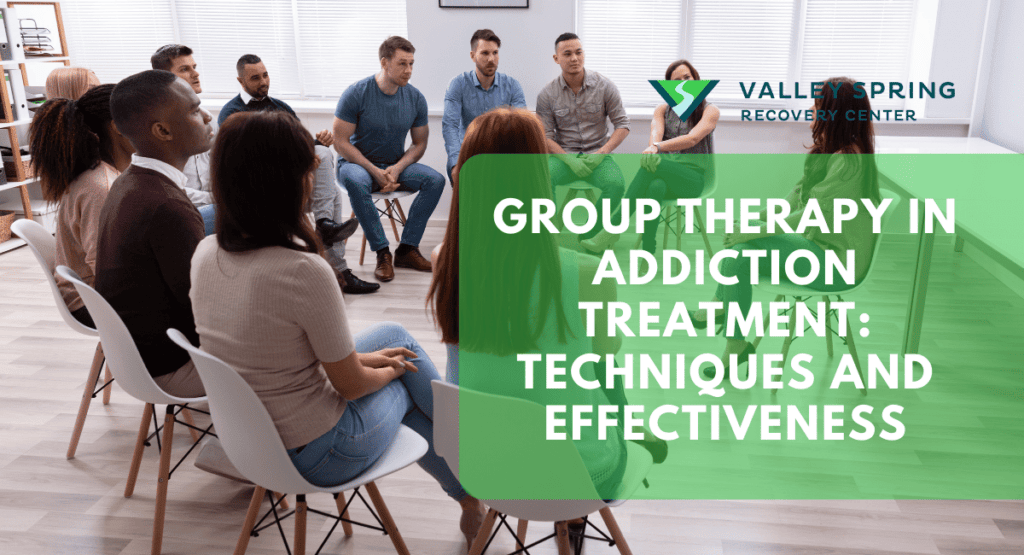
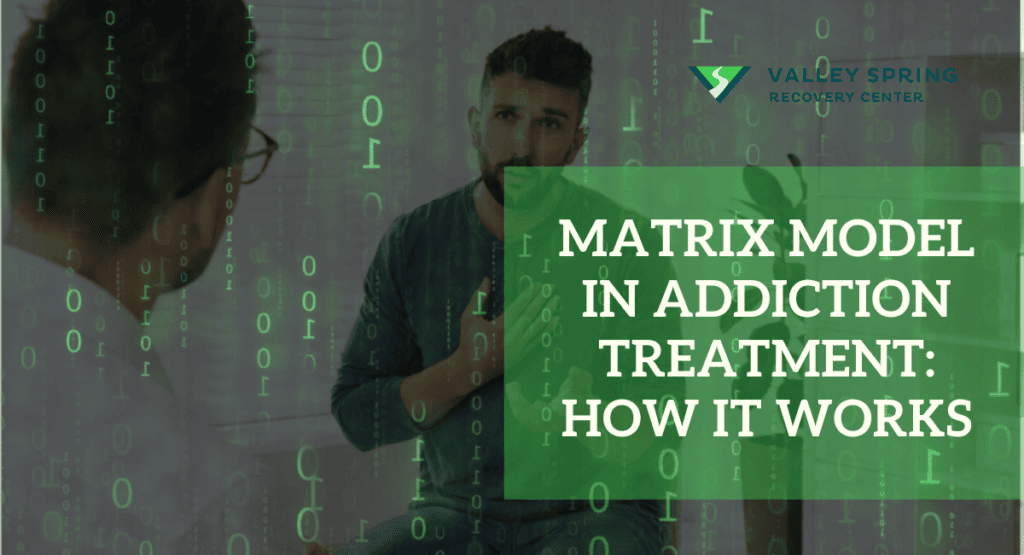
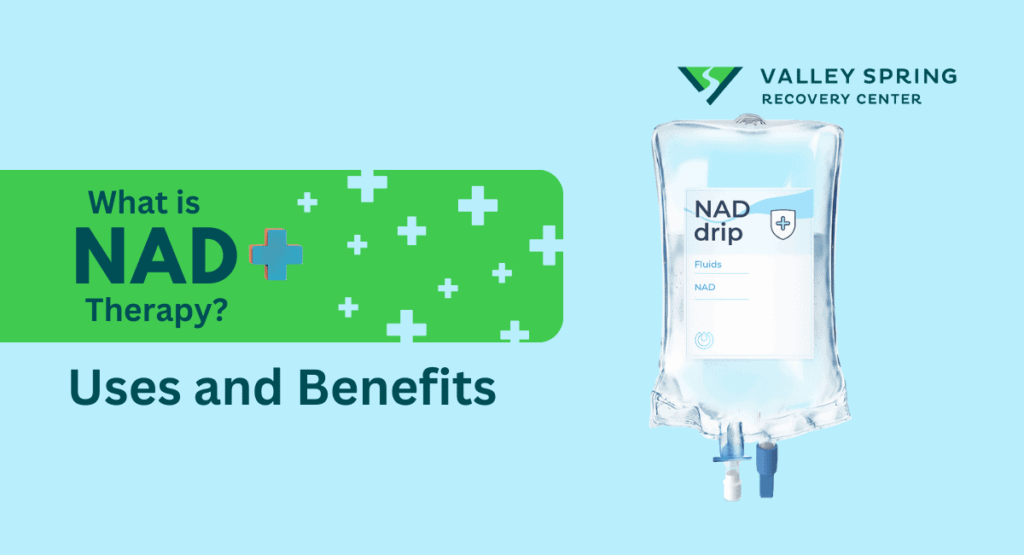



1 comment
Kitty Remirez
It’s exciting to see more holistic addiction treatments coming to light. I think mindfulness and the ability to be present is one of the biggest indicators of successful recovery. Thanks for highlighting how it fits into the broader context of drug addiction treatment.